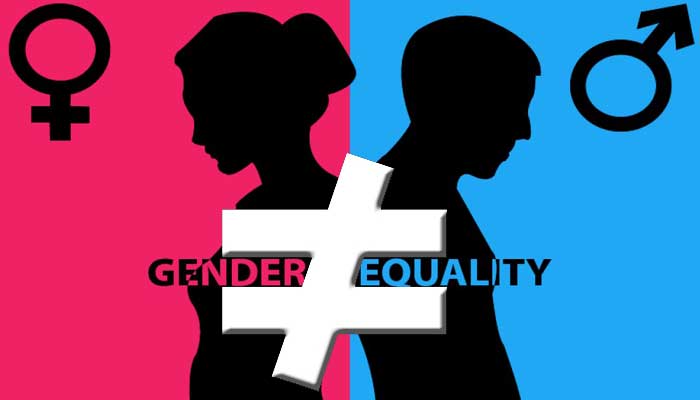Who We Are
我們是誰
By Susan Stryker
文/蘇珊·斯特萊克
Stryker is a presidential fellow and visiting professor of women’s, gender and sexuality studies at Yale University.
斯特萊克是耶魯大學女性、性別及性行為研究方向的帶頭研究員兼客座教授。
What is a woman?
何為女人?
An “adult human female,” according to a seemingly commonsense slogan seen on the Tshirts and laptop stickers of those who oppose the idea that transgender women are women.
根據反對跨性別女性也是女性這一理念的那些人的T恤和筆記本貼紙上那些看似常識一般的標語來看,女人就是“成年的人類女性”。
They argue that gender itself is a false ideology masking the truth of biological sex difference.
他們聲稱,性別這一概念本身就是一種錯誤的意識形態,它掩蓋了生理性別差異的真相。
But “woman” is complicated in ways that have little to do with transgender issues.
問題是,“女人”這一概念之復雜與跨性別問題并無太大關聯。

Only the delusional would deny biological differences between people,
只有憑空臆想之徒才會否認人與人之間的生理差異,
but only the uninformed can maintain that what the body means, and how it relates to social category, doesn’t vary between cultures and over time.
但只有一知半解之徒能聲稱,身體的含義,以及這一含義與社會范疇的關系,不會隨著文化或時間的推移而變化。
The Caribbean novelist and intellectual Sylvia Wynter opposes the “biocentric” ordering of the world that emerged from European colonialism;
加勒比海小說家/智者西爾維亞·溫特反對歐洲殖民主義帶到當地的“以生物為中心”的世界秩序;
the transatlantic slave trade depended, after all, on the idea that certain biological differences meant a person could be treated like property.
畢竟,跨大西洋的奴隸貿易依賴的便是這樣一種觀念:某些生物差異便意味著一個人也可以被視為一筆財產。
The black 19th-century freedom fighter Sojourner Truth’s famous, perhaps apocryphal, question “Ain’t I a woman?”
在爭取廢除奴隸制的斗爭中,19世紀黑人自由斗士索杰娜·特魯斯那句著名(但真實性存疑)發問“我不是女人嗎?”
challenged her white sisters in the struggle for the abolition of slavery to recognize that what counted as “woman” counted, in part, on race.
便是向她的白人姐妹們發出的一項挑戰,看她們是否會意識到“女人”一詞的含義一定程度上還要視種族而定。
A century later in the Jim Crow South, segregated public toilet doors marked men, women and colored
一個世紀后,在“吉姆·克勞(過去美國社會對黑人的蔑稱)的南部”,門上標有男性,女性,有色人種的隔離公廁
underscored how the legal recognition of a gender binary has been a privilege of whiteness.
便凸顯了法律對二元性別的承認不過是白人才有的特權。
In 1949, the French philosopher Simone de Beauvoir asserted that “one is not born, but rather becomes a woman”;
1949年,法國哲學家西蒙妮·德·波伏娃宣稱,“一個人并非一生下來便是女人,而是出生之后才變成了女人”;
in doing so, she grasped how the raw facts of our bodies at birth are operated on by social processes to transform each of us into the people we become.
自出生之日起,我們的身體便被社會社會倫理操控了并最終將我們每個人變成了我們今天的樣子,波伏娃的上述定論堪稱準確地把握了這一殘酷的事實。
Who gets “womaned” by society and subjected to misogynistic discrimination as a result,
是誰被社會“變成了女人”并因此遭受厭女人群的歧視?
and who answers yes to the question, posed publicly or in the innermost realms of thought, as to whether they’re a woman or not?
又是誰對社會公開提出或是在內心深處暗自發出的,她們究竟是否是女性這一問題給出了肯定的回答?
譯文由可可原創,僅供學習交流使用,未經許可請勿轉載。












